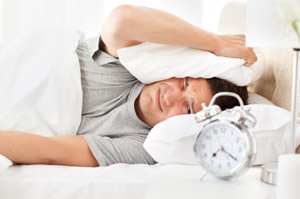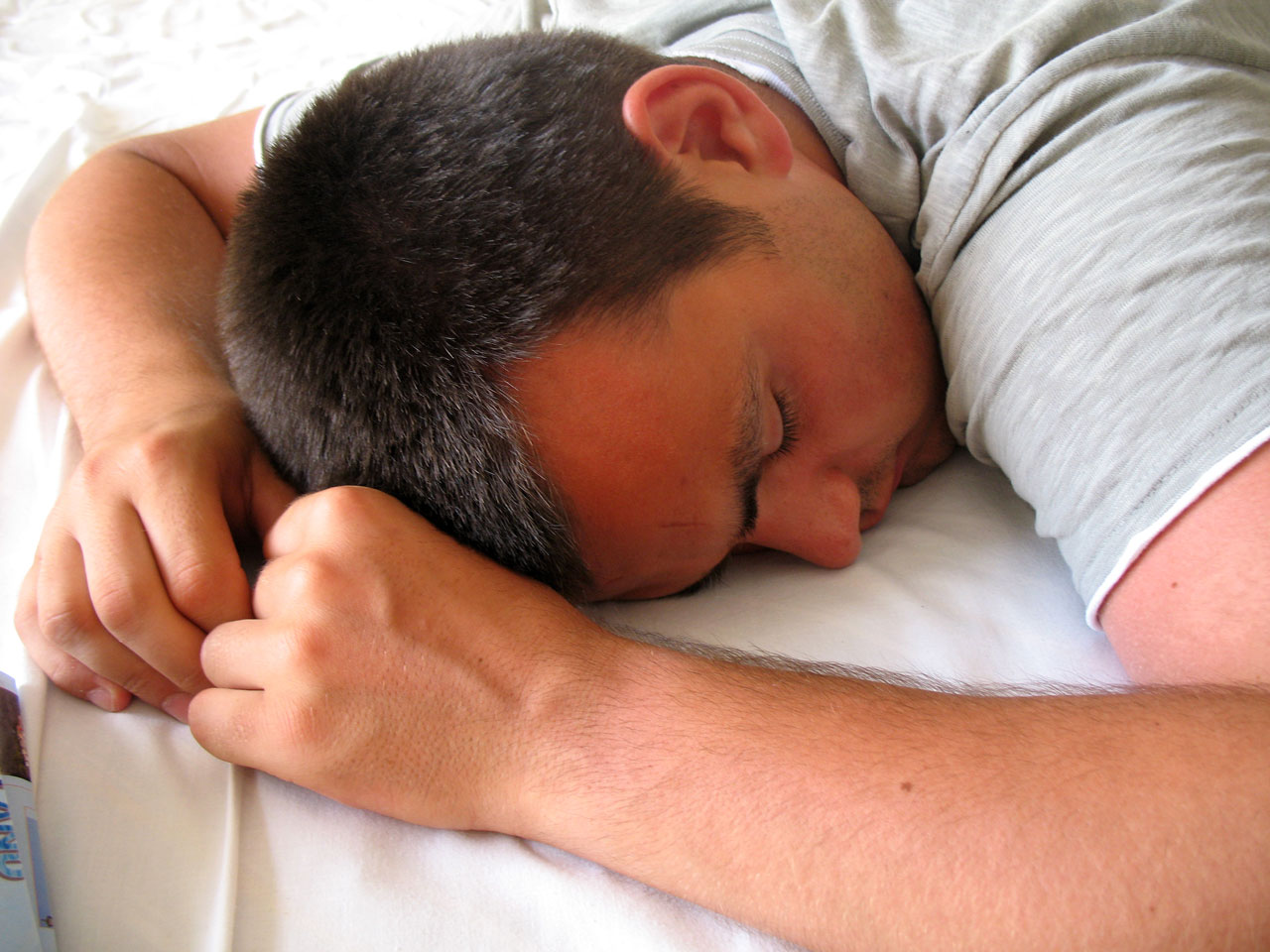Circadian Rhythm Disorders
What are Circadian Rhythm Disorders?
 Circadian rhythm sleep disorders all involve a problem in the timing of when a person sleeps and is awake. The human body has a master circadian clock in a control center of the brain known as the suprachiasmatic nucleus (SCN). This internal clock regulates the timing of such body rhythms as body temperature, alertness, appetite, hormone secretion etc. as well as sleep timing.
Circadian rhythm sleep disorders all involve a problem in the timing of when a person sleeps and is awake. The human body has a master circadian clock in a control center of the brain known as the suprachiasmatic nucleus (SCN). This internal clock regulates the timing of such body rhythms as body temperature, alertness, appetite, hormone secretion etc. as well as sleep timing.
People with circadian rhythm sleep disorders are unable to sleep and wake at normal times. They are generally able to get enough sleep if allowed to sleep and wake at the times dictated by their body clocks. Unless they also have another sleep disorder, their sleep is of normal quality.
There are 6 types of circadian rhythm sleep disorders
Two of these disorders are extrinsic or circumstantial:
- Jet lag, which affects people who travel across several time zones.
- Shift work sleep disorder, which affects people who work nights or rotating shifts.
Four of them are intrinsic or "built-in":
- Delayed sleep phase disorder (DSPD), aka delayed sleep phase syndrome (DSPS), characterized by a much later than normal timing of sleep onset and offset and a period of peak alertness in the middle of the night.
- Advanced sleep phase syndrome (ASPS), characterized by difficulty staying awake in the evening and difficulty staying asleep in the morning.
- Non-24-hour sleep-wake syndrome (Non-24), in which the affected individual's sleep occurs later and later each day, with the period of peak alertness also continuously moving around the clock from day to day.
- Irregular sleep-wake rhythm, which presents as sleeping at very irregular times, and usually more than twice per day (waking frequently during the night and taking naps during the day) but with total time asleep typical for the person's age.
What are the symptoms of Circadian Rhythm Disorders?
- You have a hard time initiating sleep.
- You struggle to maintain sleep, waking up frequently during the night.
- You tend to wake up too early and are unable to go back to sleep.
- Your sleep is nonrestorative or of poor quality
How is a Circadian Rhythm Disorder diagnosed?
Your doctor will ask you about your sleeping habits, how much sleep you get at night, if you wake up at night, and whether you fall asleep during the day. Your doctor will also want to know if you are having any emotional problems or are taking any drugs that may be interfering with your sleep.
Your doctor may also order some tests, which may include sleep test called polysomnography (PSG or NPSG), to rule out the presence of another disorder such as sleep apnea.
How are Circadian Rhythm Disorders treated?
Possible treatments for Circadian Rhythm sleep disorders include:
- Modifications to your sleep environment or sleep routines
- Medications or dietary supplements
- Bright light therapy to advance or delay sleep
- Sleep phase chronotherapy to progressively advance or delay the sleep time by 1–2 hours per day
Ready to Schedule a Consultation?
Call us at 1-855-U-SLEEP-2 or 1-855-875-3372
We will get you started on your way to a restful night of sleep!

